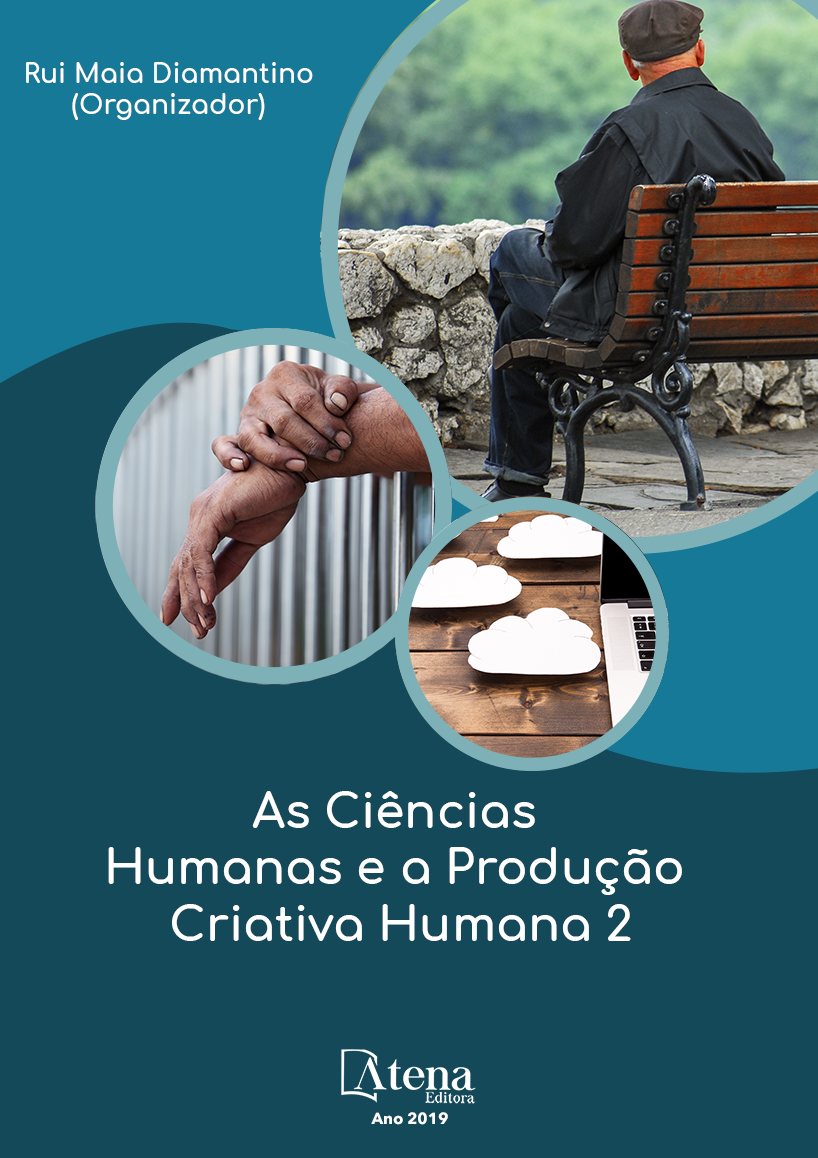
RELATO DE EXPERIÊNCIA: ESTRATÉGIAS PARA INCLUSÃO DO ALUNO SURDO NO ENSINO SUPERIOR – CAMPUS GURUPI / IFTO
O objetivo deste trabalho é divulgar
uma experiência que está sendo vivenciada
pelas profissionais tradutoras e intérpretes da
língua brasileira de sinais, durante a atuação em
sala de aula com um aluno surdo ingressante em
uma turma mista (alunos ouvintes) que atende
aos preceitos da escola inclusiva, no curso de
bacharelado em Engenharia Civil, do Instituto
Federal de Educação, Ciência e Tecnologia
do Tocantins- Campus Gurupi. Neste artigo
busca-se apresentar as estratégias e os
desafios que frequentemente surgem no dia a
dia dos profissionais tradutores e intérpretes
de libras, que precisam de desenvoltura para
o ato interpretativo, bem como do trabalho
conjunto com os docentes no repasse de
orientações de metodologias adequadas,
adaptações no material didático, apoio de
materiais pedagógicos de acessibilidade para
atendimento ao aluno. Em grande escala, o
ambiente educacional não propicia o acesso
ao aluno surdo, desconsiderando sua cultura
e sua língua, isso ocorre desde sua entrada
na instituição escolar até sua saída, esta
realidade reflete na comunicação professor/
aluno, Fernandes (2011. p.107), faz essa
análise principalmente da dificuldade que a
falta do uso de metodologia adequada gera
para que o processo educacional, bem como
de comunicação de fato aconteça. Ademais,
serão expostos as estratégias adotadas pelas
mesmas ao lidarem com a escassez de sinais
para termos específicos da área, além de
métodos para inclusão do aluno surdo no ensino
superior.
RELATO DE EXPERIÊNCIA: ESTRATÉGIAS PARA INCLUSÃO DO ALUNO SURDO NO ENSINO SUPERIOR – CAMPUS GURUPI / IFTO
-
DOI: 10.22533/at.ed.95219030914
-
Palavras-chave: educação inclusiva, ensino superior, libras, surdo.
-
Keywords: inclusive education, higher education, libras, deaf.
-
Abstract:
This work aims to divulge an
experience that is being experienced by
professional translators and interpreters of the
Brazilian sign language during the classroom
interection with a deaf student joining a mixed
group (listening students) that complies with
the precepts of inclusive school, in the bachelor
degree course in Civil Engineering, of Federal
Institute of Education, Science and Technology
of Tocantins- Campus Gurupi. In this article, we present the strategies and challenges that
frequently appears in the day-to-day practice of professional translators and interpreters
of libras, who need a resourcefulness for the interpretive act, as well as working
together with the teachers in the transfer of guidelines of appropriate methodologies,
adaptations in the didactic material, support of pedagogical materials of accessibility
to attend the student. On a large scale, the educational environment does not provide
access to the deaf student, disregarding their culture and their language, this occurs
from their entrance into the school institution until their departure, this reality reflects in
the teacher / student communication, Fernandes (2011. p.107 ), makes this analysis
mainly of the difficulty that the lack of the use of adequate methodology generates so
that the educational process, as well as of communication of fact happens. In addition,
the strategies adopted by them will be exposed in dealing with the shortage of signals
for specific terms in the area, as well as methods for inclusion of the deaf student in
higher education.
-
Número de páginas: 15
- Suelene Soares Carvalho de Albuquerque
- Saturnina Soares de Carvalho


